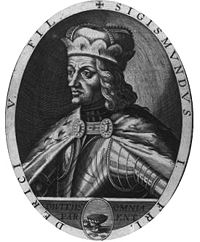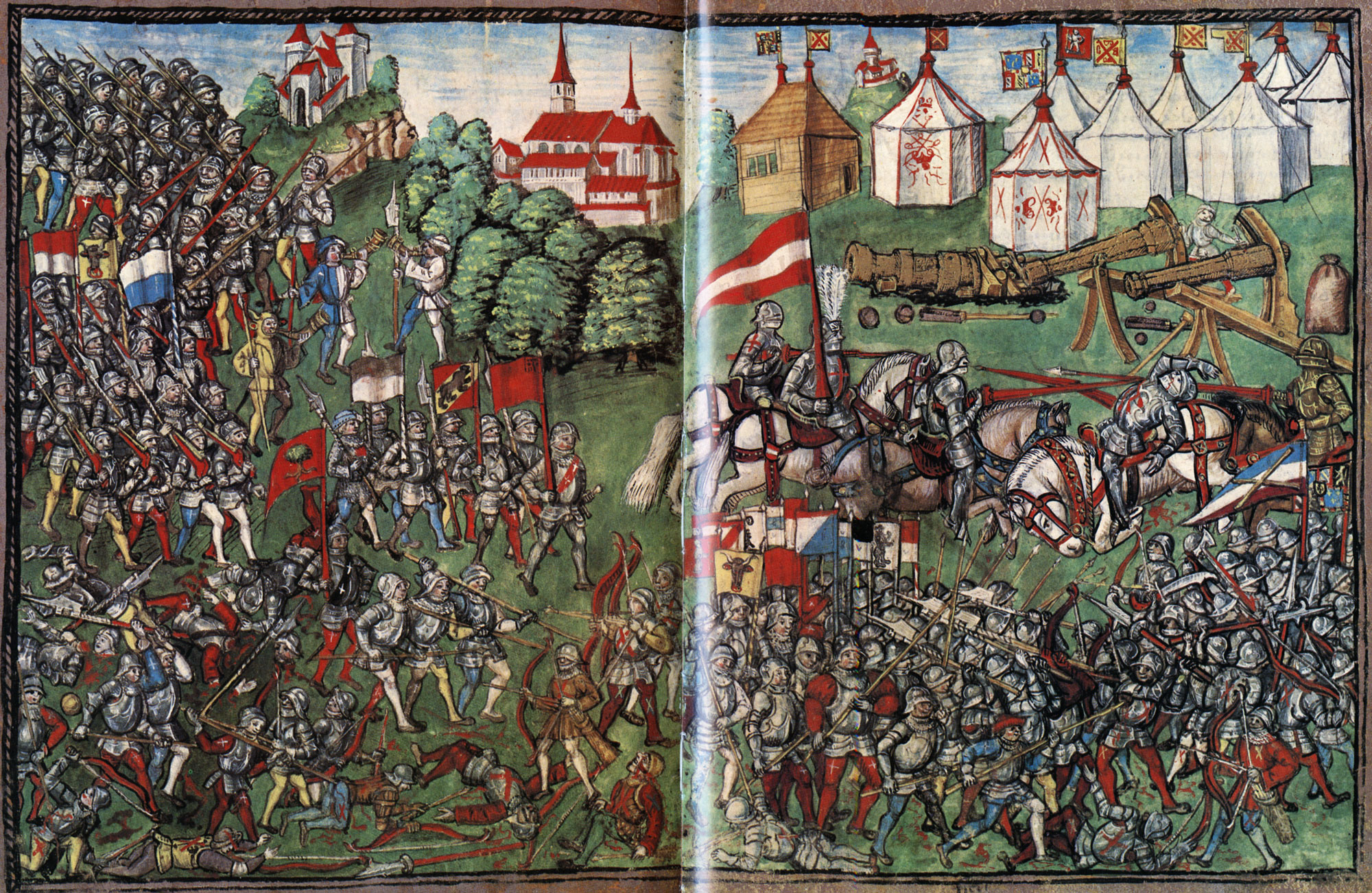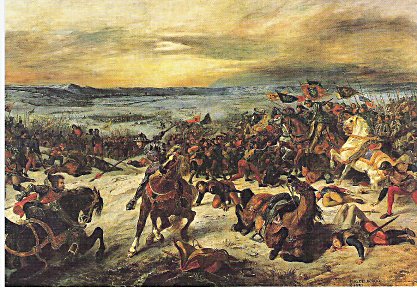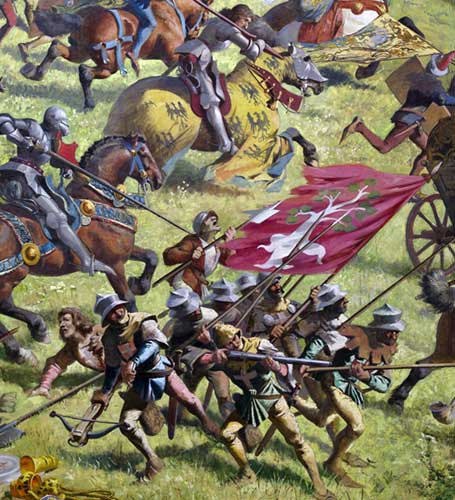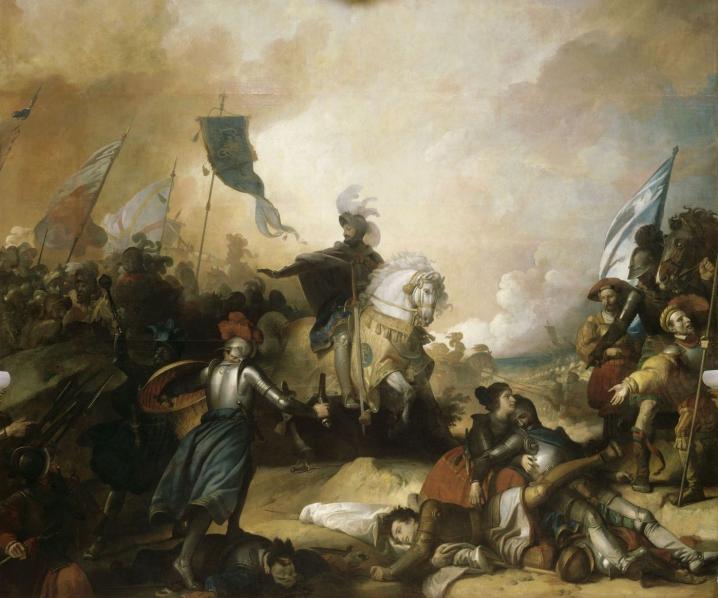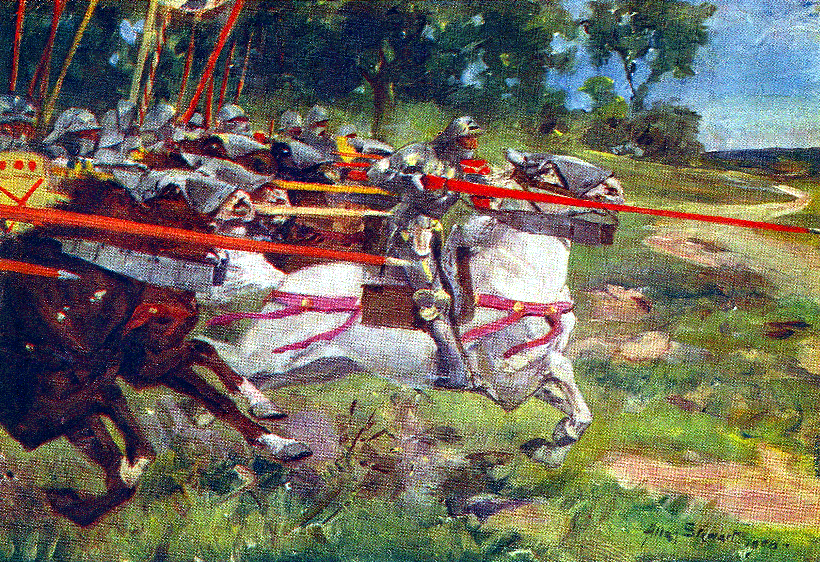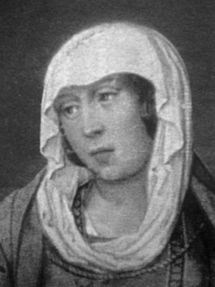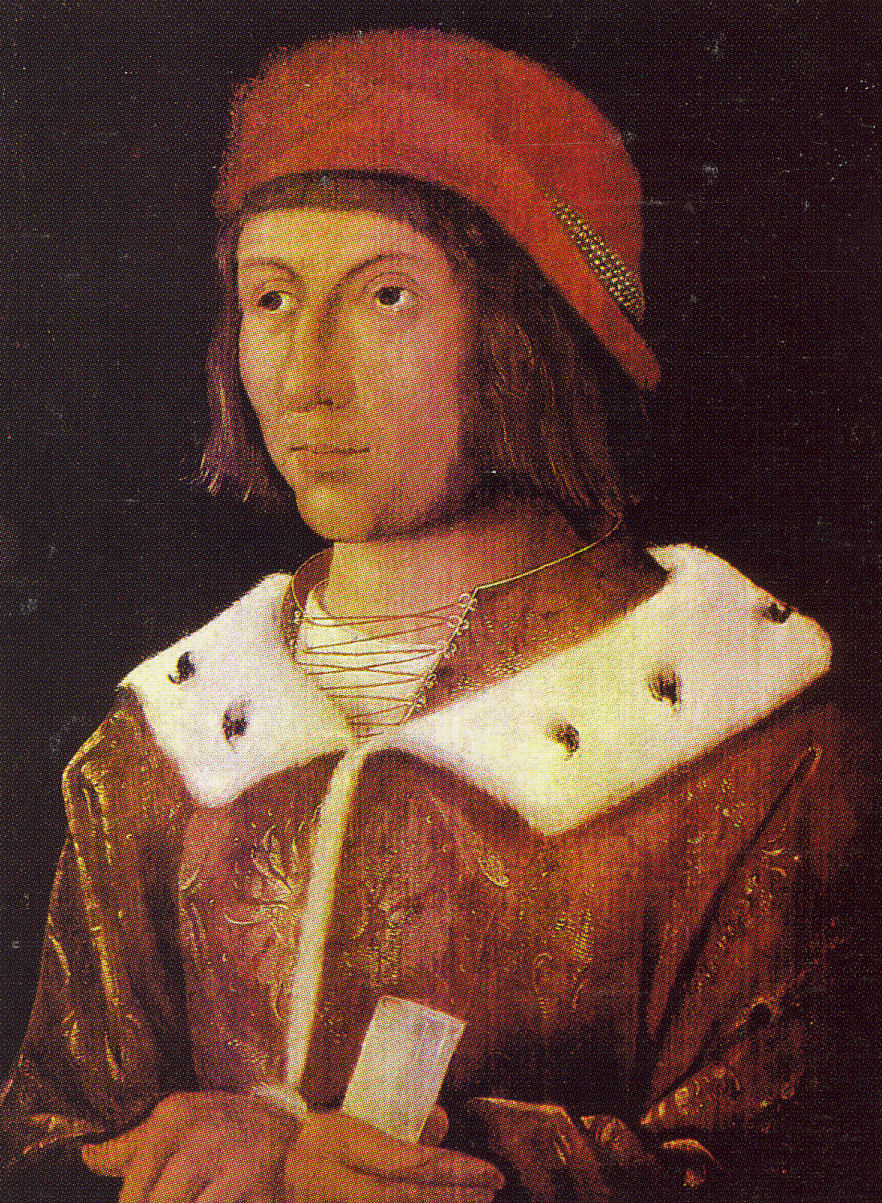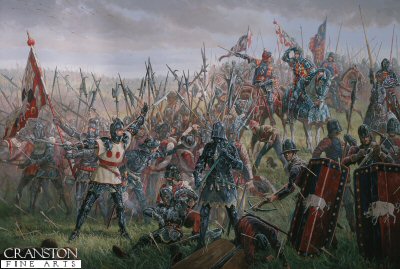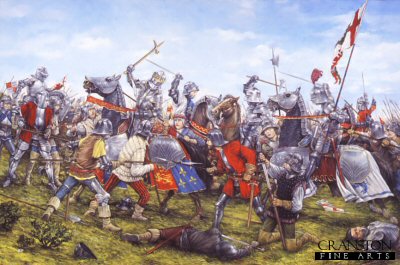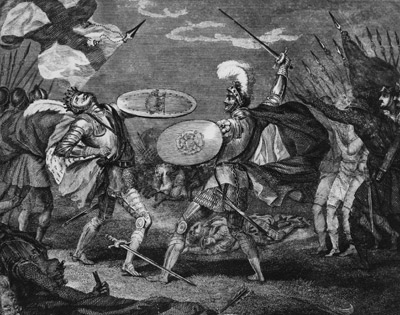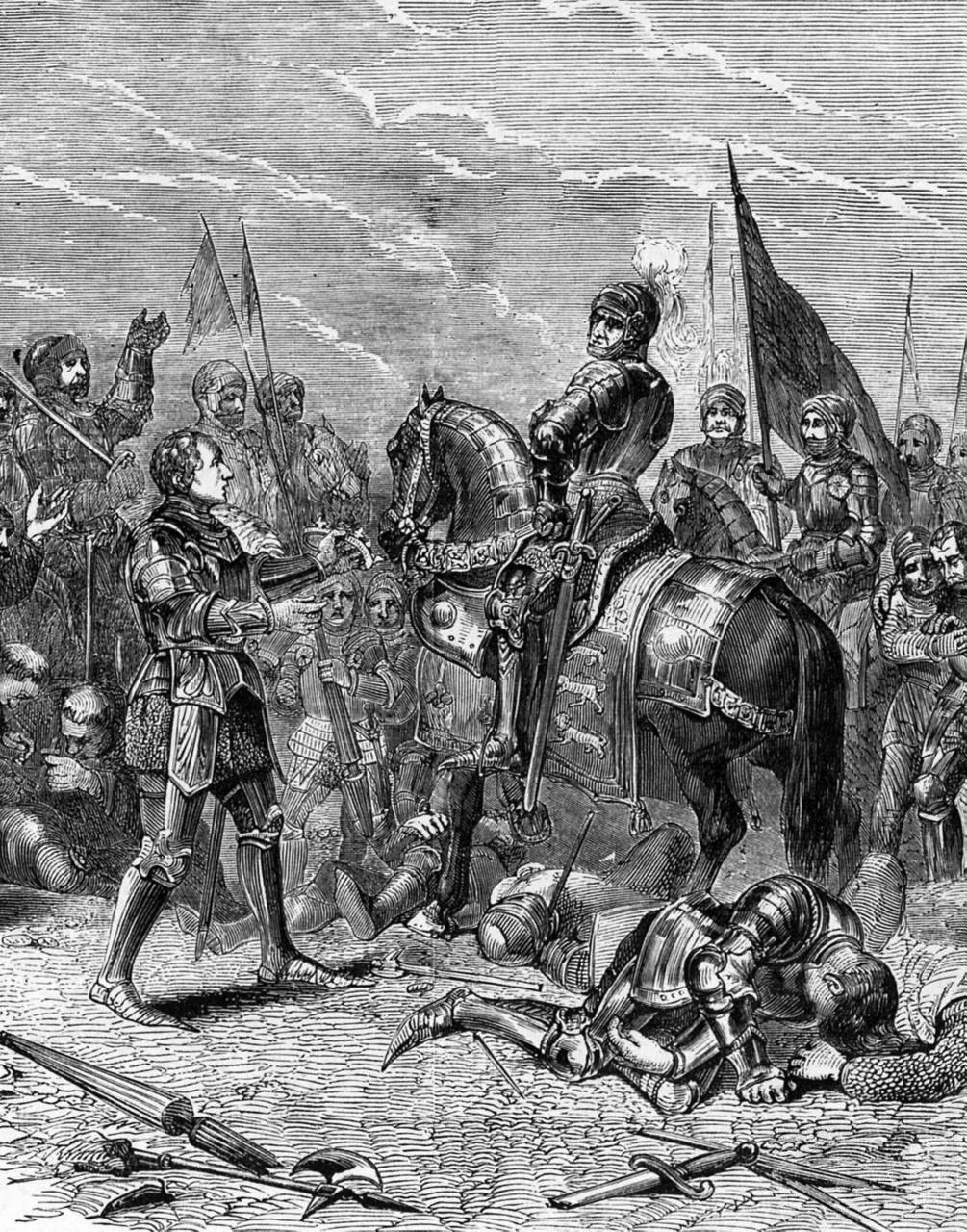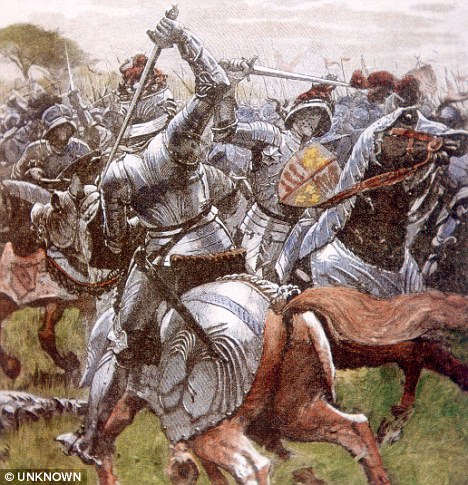Okay so I have decided to start a new timeline, after losing interest in my last one which fell through (it way to ambitious of me to start). It is about a creation of the Kingdom of Lotharingria and its rise to power, and its role as a major power. It will be in a history book style, and will compile hopeful accurate style of histroy for the time. It will focus on Francis King's (a fictional prof at Oxford) book detailing the history of Lotharingria from its conception to the modern day, and will combine the works of various fictional authors to give the feel of authenticity, as well as some fictional cut out of some documentaries. It is based on this thread https://www.alternatehistory.com/Discussion/showthread.php?t=156490. Please comment, all of your criticisms, suggestions, and various comments will help me write and engaging timeline and is encouraged. Please enjoy
Story of Lortharingria
By Francis King PHD in history at Oxford
It is often said the course of history was changed with the birth of Phillip III, or Charles the Bold victories at Morat, Grandson and Nancy. It hard to imagine history with out Lotharingria. Without Charles the bold, Phillip the Mighty, Charles III the Conquer, William Casimir, William II Augustus, Peter I, or the many other great kings of Lotharingaria. The sudden rise of Burgundy to a fief of France to major rival of France and world power. Which makes the recent alliance and cooperative domination of the EC between it, France, and Germany, all the more shocking. But to understand the makings of modern day Lotharingaria we must look at it’s history. What better place then to start then with the birth of Phillip III and the coronation of Charles the Bold.

Charles I 'the Bold' by Louis Venton
The Birth of Phillip III is often considered part of a wider series of events surrounding the coronation of Charles. Charles had traveled to the city of Trier with the rest of his family including his heavily pregnant wife Maragert of York. At Trier he meet the Emperor Fredrick III to discuss the marriage of their children Mary and Maximillan, and hopefully the coronation of Charles as King. During one of their negotiations Maragert went into labour about 2 weeks before she was due.
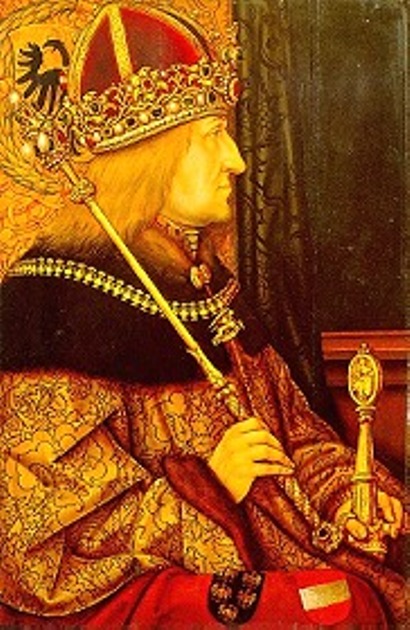
Holy Roman Emperor Fredrick III. The man that would pave the way for the creation of the kingdom of Lotharingria
From the accounts of Yves de Tongres [1]’ chronicles of Historie de Lotharingria: “ Charles and Fredrick sprinted to Margaret chamber. When they arrived she had just given birth to a strong healthy baby boy. Margaret now turned over to face her husband and asked quietly in his ear what they would name him. Charles now holding his baby son in arms said how about Phillip, Phillip Fredrick de Valois. Margaret said to him that she loved it. Then Fredrick confused by choice of the name ask, “Why Fredrick, Charles?”, “For the man that will one day make him a King” was the answer he gave him.
It did not take long for the negotiations to reach the desired end. The two monarchs hit it off and became friends after getting to know each other. Shortly after the birth Phillip the two monarchs agreed to the marriage of Mary the only daughter of Charles and Maximillan merging the house Habsburg with the House Valois. Then the most critical part of the negotiations began the coronation of Chalres as a king. Fredrick only had the power to make him king in his own realm. This force Charles swallow his pride and accept this, after months of negotiations the two kings finally agree to make Charles King of Lotharingria. Why did Charles choose Lotharingria manly for three reasons one to revive the added prestige of reviving a prestigious throne, to separate himself from France in which claimed Burgundian lands as a fief to theirs, thus by choosing the name Lotharingria cuts ties with the French, and finally to appease the Dutch by creating a new nationality.
On a chilly day in mid-February Charles was to crowned by the Archbishop of Trier Johann II of Baden. On February 15 1474 Charles was finally crowned King Charles I. To this day the coronation of Charles is celebrated as its Independence Day in modern day Lotharingria. In this moment the history of the world would forever change. But before the young nation could rise it must avoid being killed in the cradle and survive the turbulent period, now know as the Burgandian wars or the Lotharingrian wars of independence.
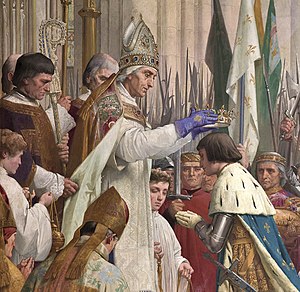
The Coronation of Charles I by Petr van Brejek
[1]: Yves de Tongres is one of the primary historians and chroniclers of the time. He was a minor count in the court of Charles I, Phillip IV, and Charles II. Yves would serve as court historian after making himself known for his bravery at Morat and his account of the war. He would write the Historie de Lotharingria, Regunum Charles Bold, and Historie de Angloterre war et Union de Oxford. He would ultimately become a advisor too both Phillip IV and Charles II. He would die in 1518 of a fever. He serves as the primary source for the early days of Lotharingria, and the reigns of Charles I, and Phillip IV. Though it is not a secret that his accounts are biased.
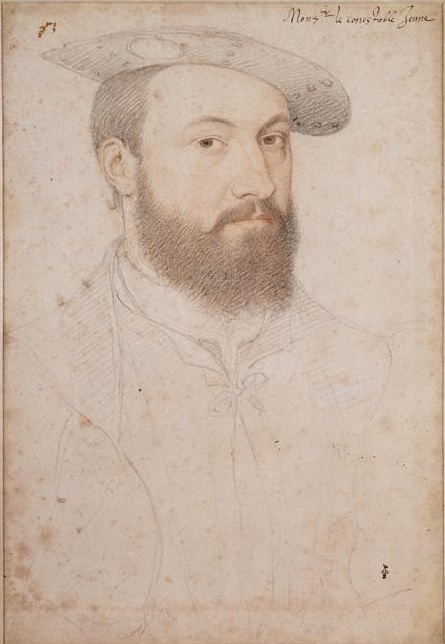
Yves de Tongres
Story of Lortharingria
By Francis King PHD in history at Oxford
It is often said the course of history was changed with the birth of Phillip III, or Charles the Bold victories at Morat, Grandson and Nancy. It hard to imagine history with out Lotharingria. Without Charles the bold, Phillip the Mighty, Charles III the Conquer, William Casimir, William II Augustus, Peter I, or the many other great kings of Lotharingaria. The sudden rise of Burgundy to a fief of France to major rival of France and world power. Which makes the recent alliance and cooperative domination of the EC between it, France, and Germany, all the more shocking. But to understand the makings of modern day Lotharingaria we must look at it’s history. What better place then to start then with the birth of Phillip III and the coronation of Charles the Bold.

Charles I 'the Bold' by Louis Venton
The Birth of Phillip III is often considered part of a wider series of events surrounding the coronation of Charles. Charles had traveled to the city of Trier with the rest of his family including his heavily pregnant wife Maragert of York. At Trier he meet the Emperor Fredrick III to discuss the marriage of their children Mary and Maximillan, and hopefully the coronation of Charles as King. During one of their negotiations Maragert went into labour about 2 weeks before she was due.

Holy Roman Emperor Fredrick III. The man that would pave the way for the creation of the kingdom of Lotharingria
From the accounts of Yves de Tongres [1]’ chronicles of Historie de Lotharingria: “ Charles and Fredrick sprinted to Margaret chamber. When they arrived she had just given birth to a strong healthy baby boy. Margaret now turned over to face her husband and asked quietly in his ear what they would name him. Charles now holding his baby son in arms said how about Phillip, Phillip Fredrick de Valois. Margaret said to him that she loved it. Then Fredrick confused by choice of the name ask, “Why Fredrick, Charles?”, “For the man that will one day make him a King” was the answer he gave him.
It did not take long for the negotiations to reach the desired end. The two monarchs hit it off and became friends after getting to know each other. Shortly after the birth Phillip the two monarchs agreed to the marriage of Mary the only daughter of Charles and Maximillan merging the house Habsburg with the House Valois. Then the most critical part of the negotiations began the coronation of Chalres as a king. Fredrick only had the power to make him king in his own realm. This force Charles swallow his pride and accept this, after months of negotiations the two kings finally agree to make Charles King of Lotharingria. Why did Charles choose Lotharingria manly for three reasons one to revive the added prestige of reviving a prestigious throne, to separate himself from France in which claimed Burgundian lands as a fief to theirs, thus by choosing the name Lotharingria cuts ties with the French, and finally to appease the Dutch by creating a new nationality.
On a chilly day in mid-February Charles was to crowned by the Archbishop of Trier Johann II of Baden. On February 15 1474 Charles was finally crowned King Charles I. To this day the coronation of Charles is celebrated as its Independence Day in modern day Lotharingria. In this moment the history of the world would forever change. But before the young nation could rise it must avoid being killed in the cradle and survive the turbulent period, now know as the Burgandian wars or the Lotharingrian wars of independence.

The Coronation of Charles I by Petr van Brejek
[1]: Yves de Tongres is one of the primary historians and chroniclers of the time. He was a minor count in the court of Charles I, Phillip IV, and Charles II. Yves would serve as court historian after making himself known for his bravery at Morat and his account of the war. He would write the Historie de Lotharingria, Regunum Charles Bold, and Historie de Angloterre war et Union de Oxford. He would ultimately become a advisor too both Phillip IV and Charles II. He would die in 1518 of a fever. He serves as the primary source for the early days of Lotharingria, and the reigns of Charles I, and Phillip IV. Though it is not a secret that his accounts are biased.

Yves de Tongres
